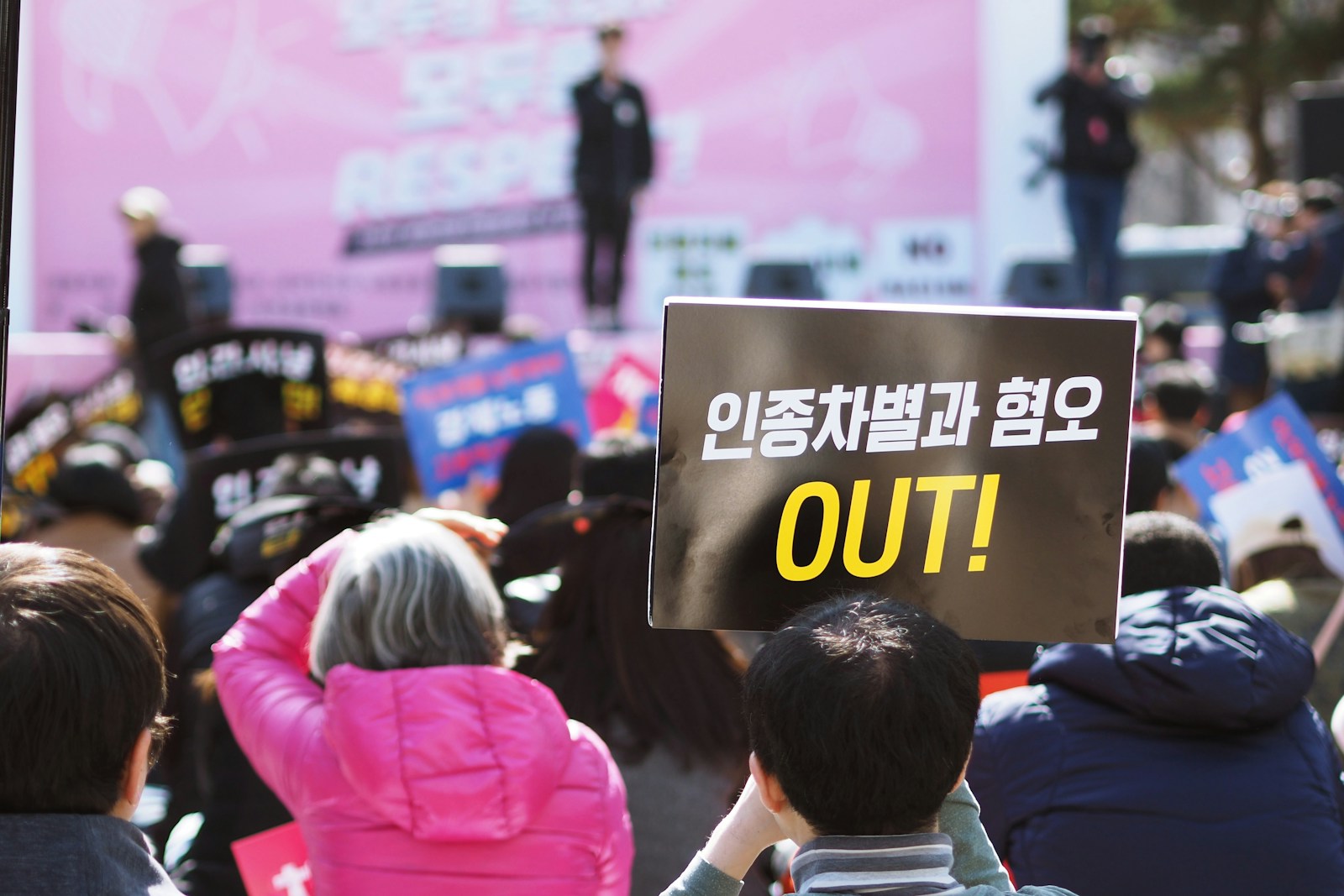The Argosy Debates: Should Universal Basic Income (UBI) Be a Central Goal for Developed Nations?

Editor's Note: From pilot programs in Finland to the presidential platform of Andrew Yang, Universal Basic Income has moved from a theoretical concept to a serious policy debate. Is it a necessary evolution of the social safety net for the 21st century, or a recipe for economic disaster?
UBI as a Public Health Imperative
By Yehee Jung
We must begin by reframing the debate about Universal Basic Income. Too often, it is discussed solely as an economic policy, a matter of taxes and labor markets. This is a mistake. At its core, UBI is a public health initiative, and perhaps the most powerful one we could imagine. The single greatest determinant of health outcomes is not genetics or healthcare access, but socioeconomic status. Poverty is a chronic disease, and UBI is a powerful medicine.
The scientific evidence is clear. Financial precarity is a source of chronic stress, which contributes to a host of negative health outcomes, from heart disease to depression. Providing a basic, reliable income floor would alleviate this stress, giving people the cognitive bandwidth to make better long-term decisions about their health, education, and careers. Pilot studies have consistently shown that direct cash transfers lead to improved nutrition, better educational outcomes for children, and lower rates of hospitalization.
Furthermore, as AI and automation continue to accelerate, the very nature of work is changing. We are facing the prospect of large-scale, technologically-driven unemployment. UBI is not a disincentive to work; it is a safety net that allows people to transition between jobs, gain new skills, or engage in valuable but uncompensated work like caregiving for a family member. It is a foundation upon which a healthier, more resilient, and more equitable society can be built. To oppose it on the grounds of cost is to ignore the far greater price we already pay for the public health crises generated by poverty and inequality.
The Unworkable Economics of 'Free Money'
By Anthony Min
The advocates of UBI, like my colleague, present a utopian vision. The problem is that it collides with the reality of economics and human incentives. The proposal is not just unworkably expensive; it is fundamentally misguided in its understanding of what drives a productive economy.
First, let's address the cost. A meaningful UBI in a country like the United States or South Korea would cost trillions of dollars annually, requiring a complete overhaul of the tax system and a dramatic increase in the tax burden on productive individuals and companies. This would either lead to massive inflation, as the government prints money to cover the cost, or it would trigger capital flight and a severe economic contraction as businesses and investors flee the high-tax environment. There is no such thing as a free lunch, and there is certainly no such thing as free money on a national scale.
Second, and more importantly, is the issue of incentives. While proponents cherry-pick studies to downplay the effect, the fundamental logic of economics is undeniable: if you pay people not to work, you will get less work. A universal, unconditional income would disincentivize labor, particularly in lower-wage but essential jobs. Why would someone take a difficult, entry-level position if they can receive a basic income for doing nothing? This would lead to labor shortages, reduced productivity, and economic stagnation.
The existing social safety net is far from perfect, but it is targeted. It provides support for those who are unemployed, disabled, or in poverty. UBI is a blunt instrument, giving the same amount to a billionaire as it does to a single parent struggling to make ends meet. It is a profoundly inefficient and expensive way to address poverty. A better path is to focus on targeted support, workforce training, and pro-growth economic policies that create jobs and opportunity, not on a fantasy that we can all be paid for simply existing.



